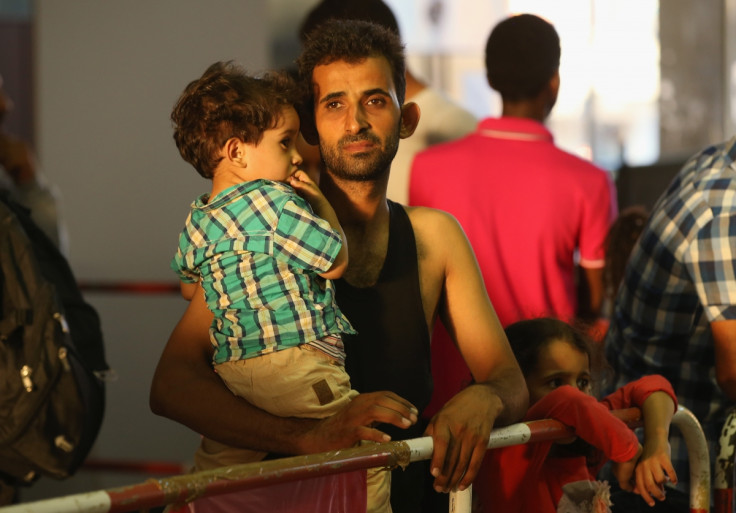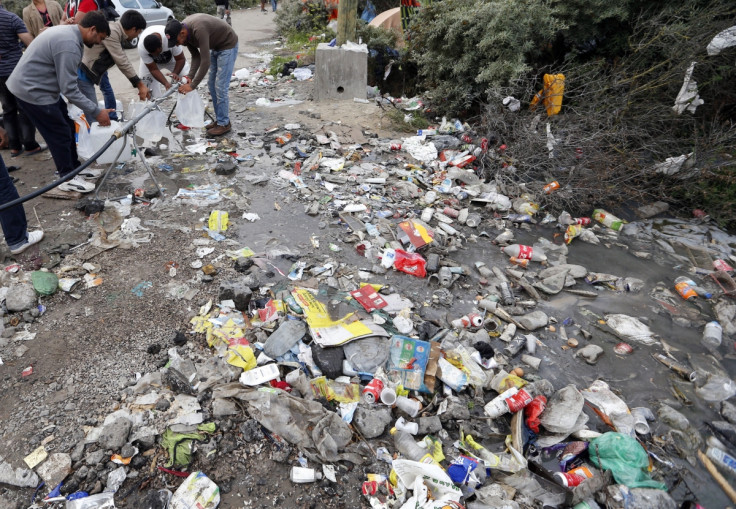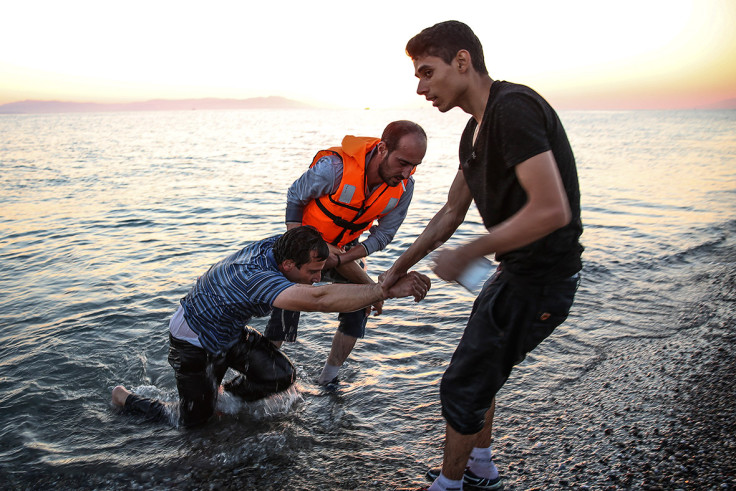What is the difference between a migrant, a refugee and an asylum seeker?

Images of people living in squalor in Calais and traversing the Mediterranean in overcrowded fishing boats have dominated the media in the past few months. Most recently, the full horror of the humanitarian tragedy unfolding on the shores of Europe was brought home as photographs emerged of a lifeless Syrian child washed up on a Turkish beach, after two boats bound for the Greek island of Kos sank.
In the ongoing migration crisis, the words migrant, refugee and asylum seeker have been used interchangeably. There are, however, vast differences in their meanings – which not only carry different implications for data and research, but also legal obligations. Substituting one word for another can conflate issues of migration, race and asylum with dire consequences – so what are their definitions?
Migrant
The term "migrant" is defined in the Oxford English Dictionary as "one who moves, either temporarily or permanently, from one place, area or country of residence to another". There are various reasons for migration, such as those who move to work or seek a better life – generally termed "economic migrants" – and people who move for family reasons or to study. People also migrate to flee conflict or persecution, which is where the definition converges with the term "refugee".
Although the word migrant used to be neutral, some believe the term is now a pejorative used to spread negative connotations of migration and enforce prejudices. In August, Al Jazeera said it would no longer use the word migrant to refer to people trying to cross the Mediterranean. "The word migrant has become a largely inaccurate umbrella term for this complex story," online editor Barry Malone wrote. According to the UN, the majority of people drowning to reach European shores are escaping war, persecution, famine and poverty.
The same debate over terminology has arisen over the use of the terms "migration" and "immigration". Migration is a general term describing the movement of people from one area to another, but immigration is a sub-category which normally refers to people moving into a country from another who intend to stay permanently.
The United Nations Population Fund (UNFPA) estimates that in 2013, 232 million people – about 3.2% of the global population – lived outside their country of origin. Internal migration within countries is also on the rise.

Refugee
A refugee is defined as a person who has been forced to leave their country in order to escape war, persecution or natural disaster. The 1951 Convention relating to the Status of Refugees is the key legal document in defining who is a refugee, their rights and the legal obligations of states.
The Convention describes a refugee as: "A person who owing to a well-founded fear of being persecuted for reasons of race, religion, nationality, membership of a particular social group or political opinion, is outside the country of his nationality and is unstable or, owing to such fear, is unwilling to avail himself of the protection of that country; or who, not having a nationality and being outside the country of his former habitual residence as a result of such events, is unable or, owing to such fear, is unwilling to return to it."
More people than at any other time in history have been forced to flee their homes and seek refuge elsewhere due to wars, conflict and persecution, according to the UN Refugee Agency. The number of people forcibly displaced at the end of 2014 reached 59.5 million compared to 37.5 million a decade ago, abetted by the eruption or reigniting of conflicts in Africa, the Middle East, Europe and Asia.
One of the most visible consequences of the world's conflicts and their consequences is the dramatic growth in refugees seeking safety through dangerous sea journeys. More than 2,000 people are believed to have died trying to cross the Mediterranean so far this year.

Asylum seeker
An asylum seeker is someone who has applied for asylum and is waiting for a decision on their claim. In other words, in the UK an asylum seeker is someone who has asked the government for refugee status and is waiting to hear the outcome of their application. In order to become an asylum applicant and be recognised as a refugee in the UK, people must be on UK territory – as they cannot make the claim from their country of origin.
If their asylum application is unsuccessful and the individual has no other claim for protection awaiting a decision, a person may voluntarily return to their country of origin or they may be forcibly returned. It may not be safe or practical for someone to return until conditions in their country changes. Asylum seekers have been convicted for using false passports or travel, for example, to leave their home country. These convictions may adversely affect their asylum claim.
Contrary to popular belief, the UK does not have more asylum seekers than most countries – far from it. With an estimated 173,100 asylum applications, Germany was the largest recipient of new asylum claims in 2014. The US came in second, with 121,200 applications. By comparison, the UK received just 31,300 new applications for asylum by the end of the year.
Pending asylum cases and stateless persons made up just 0.24% of the UK population by the end of 2014: 117,161 refugees, 36,383 pending asylum cases and 16 stateless persons. The vast majority of refugees stay in their region of displacement, meaning 86% of the world's refugees are hosted by developing countries.
© Copyright IBTimes 2024. All rights reserved.







